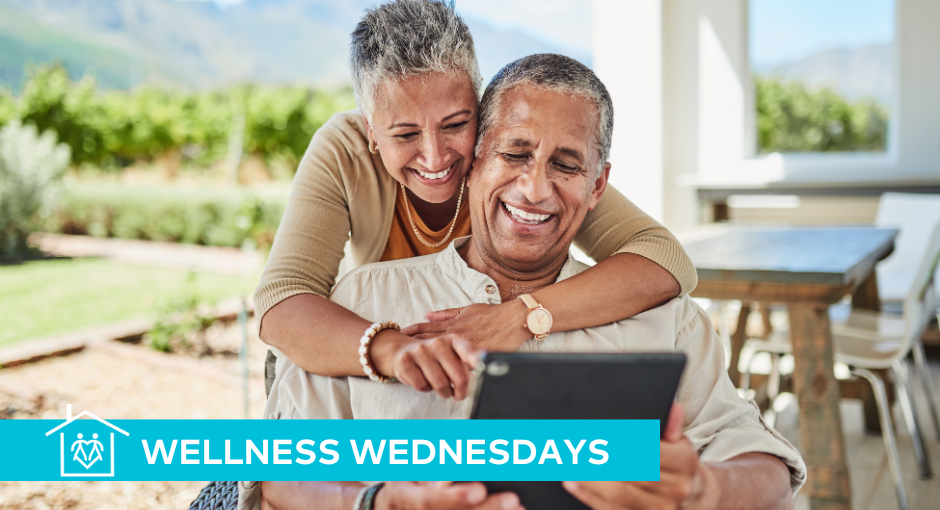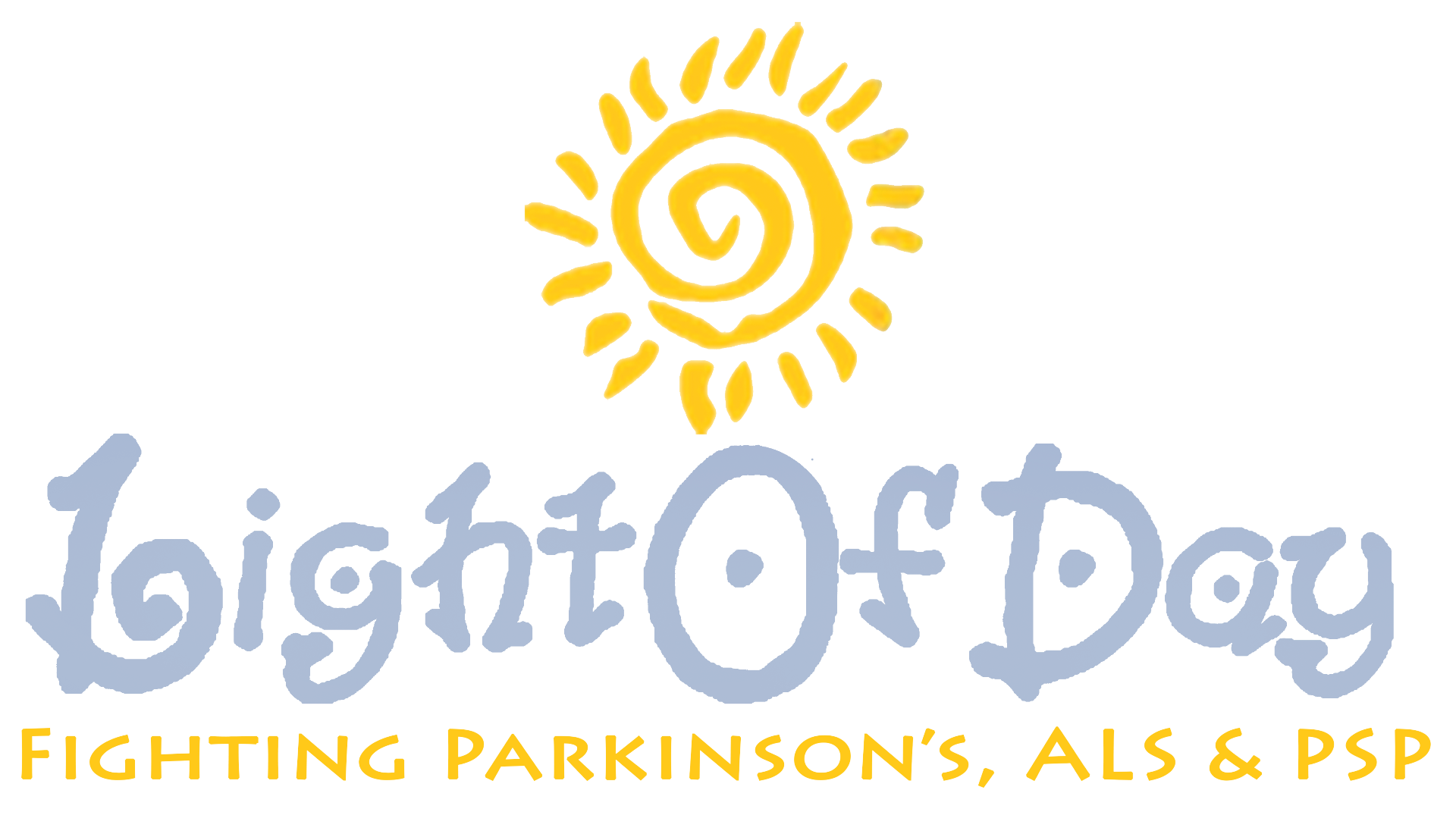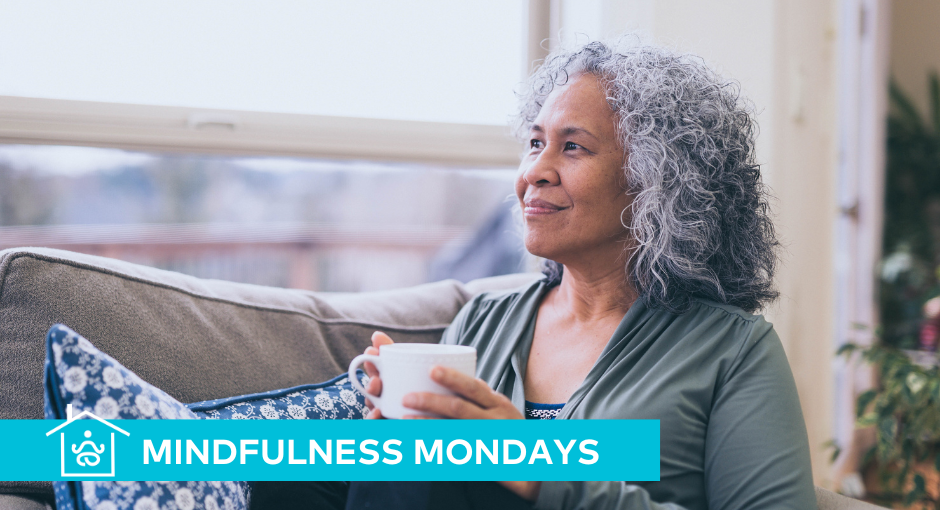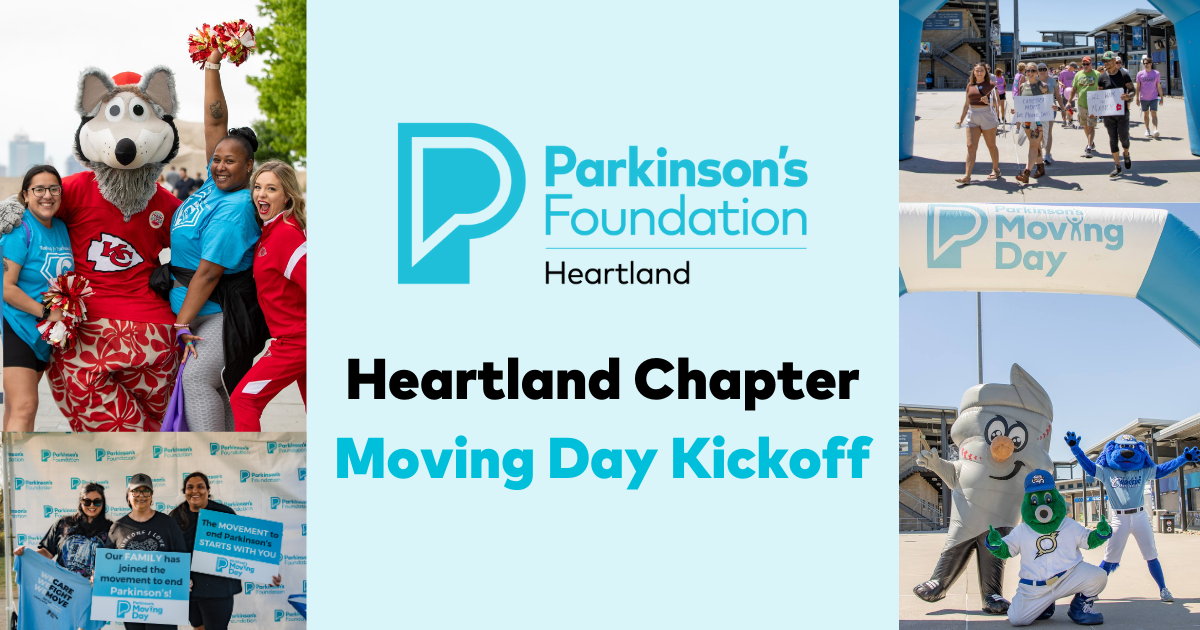Innovations, Treatment Updates, What’s New?
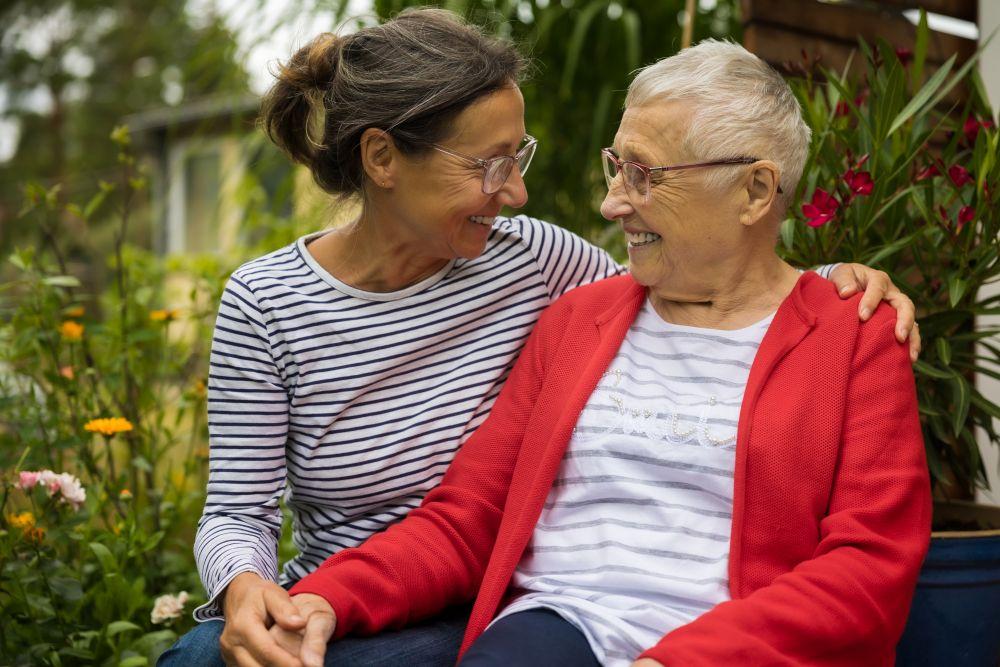
Participants will learn about the latest treatments and identify new care strategies for managing Parkinson’s symptoms. Navigating Parkinson’s disease involves looking ahead, learning and adjusting as symptoms and needs change. This program addresses some of the challenges of advancing PD and explores strategies to prepare for the future, including how to evolve your care plans and treatments throughout progression so you can live your best life with PD now.
Speakers
Susan Dodwell, MD
Maine Health-Maine Medical Center
Michael Kleinman, DO
Maine Health-Maine Medical Center
There is no charge to attend, but registration is required. This program is open to people with Parkinson's, their family, friends and the community.
Contact Us
Stefany Scliopou
Upcoming Events
Mindfulness Mondays - Cultivating Connection and Presence in the Holidays
This session highlights mindfulness practices to help you stay present and savor meaningful connections.
Mindfulness Mondays - Setting Intentions with Self-Compassion
Start the year by setting meaningful intentions and embracing self-compassion.
Mindfulness Mondays - Embracing Beginner’s Mind
Through guided mindfulness practice, we’ll explore curiosity, openness, and the ability to see each moment, and each symptom, as new.
